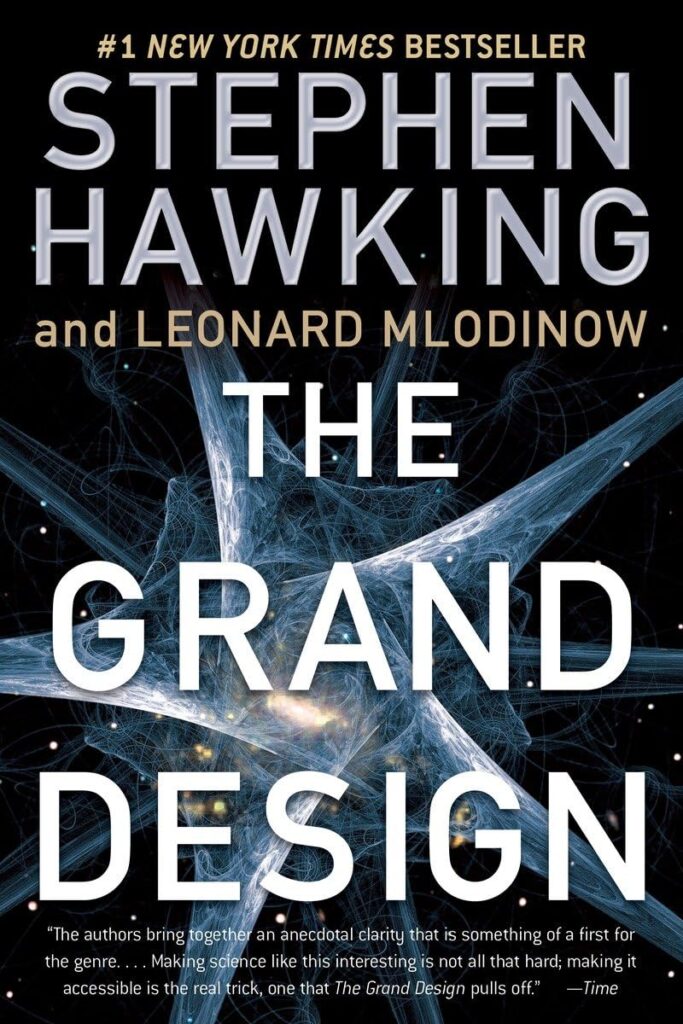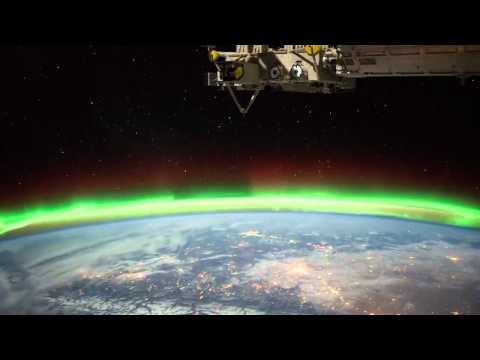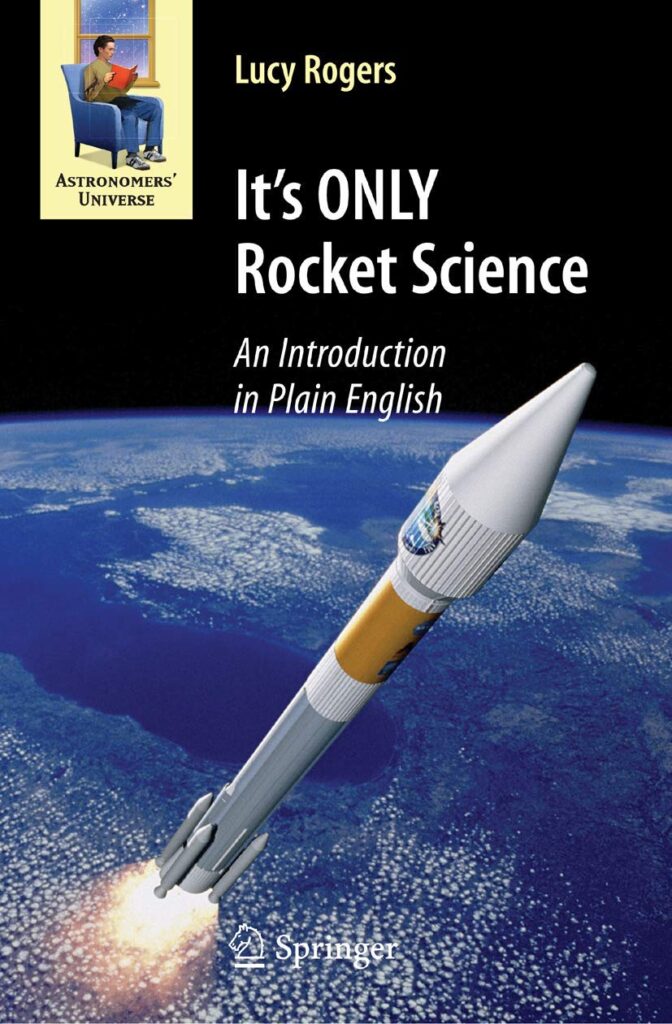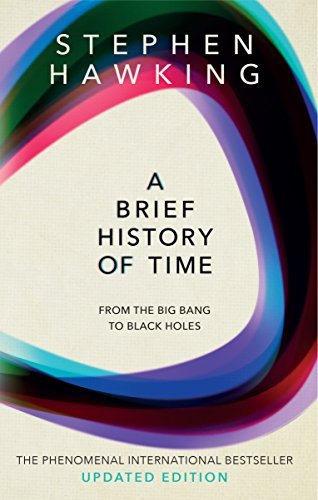The Universe is Getting Bigger: Understanding Cosmic Expansion
The universe is an awe-inspiring and mysterious place, full of countless galaxies, stars, and planets. But did you know that the universe itself is actually expanding? This mind-boggling concept, known as cosmic expansion, has been a hot topic of study and debate among astronomers and scientists for decades.
The idea of a expanding universe was first proposed by Belgian astronomer Georges Lemaître in the 1920s, and later confirmed by American astronomer Edwin Hubble in the 1930s. Hubble’s observations of distant galaxies revealed that they were all moving away from us, leading to the realization that the universe is not only expanding, but doing so at an accelerating rate.
So, what exactly does it mean for the universe to be expanding? In simple terms, it means that the space between galaxies is getting larger. This expansion is not like a balloon growing in size, but rather a stretching of the fabric of space itself. As a result, galaxies are moving away from each other, with the farther away they are, the faster they are moving.
The driving force behind this cosmic expansion is a mysterious phenomenon known as dark energy. Dark energy makes up about 70% of the universe’s total energy content and is thought to be responsible for the acceleration of the universe’s expansion. Despite its name, dark energy is not well understood and remains one of the biggest mysteries in modern physics.
But why does cosmic expansion matter? Understanding the expansion of the universe can provide valuable insights into the nature of the universe, its origins, and its ultimate fate. It can also help astronomers study the distribution of galaxies and the evolution of cosmic structures over time.
One of the most fascinating implications of cosmic expansion is the concept of the Big Bang theory. According to this theory, the universe began as a hot, dense state and has been expanding ever since. The discovery of cosmic expansion provides strong evidence in support of the Big Bang theory and has revolutionized our understanding of the universe’s history.
In recent years, scientists have been using advanced telescopes and observational techniques to study cosmic expansion in greater detail. Projects like the Hubble Space Telescope and the European Space Agency’s Planck mission have provided valuable data on the rate of expansion and the distribution of dark energy in the universe.
As our understanding of cosmic expansion continues to grow, so too does our appreciation for the vast and dynamic nature of the universe. The concept of an expanding universe challenges our perceptions of space and time, and opens up new avenues for exploration and discovery in the field of cosmology.
In conclusion, the universe is getting bigger, and our understanding of cosmic expansion is constantly evolving. By studying the expansion of the universe, scientists are uncovering new insights into the nature of the cosmos and our place within it. The mysteries of cosmic expansion may still be far from being fully understood, but they continue to inspire wonder and curiosity in those who seek to unravel the secrets of the universe.













